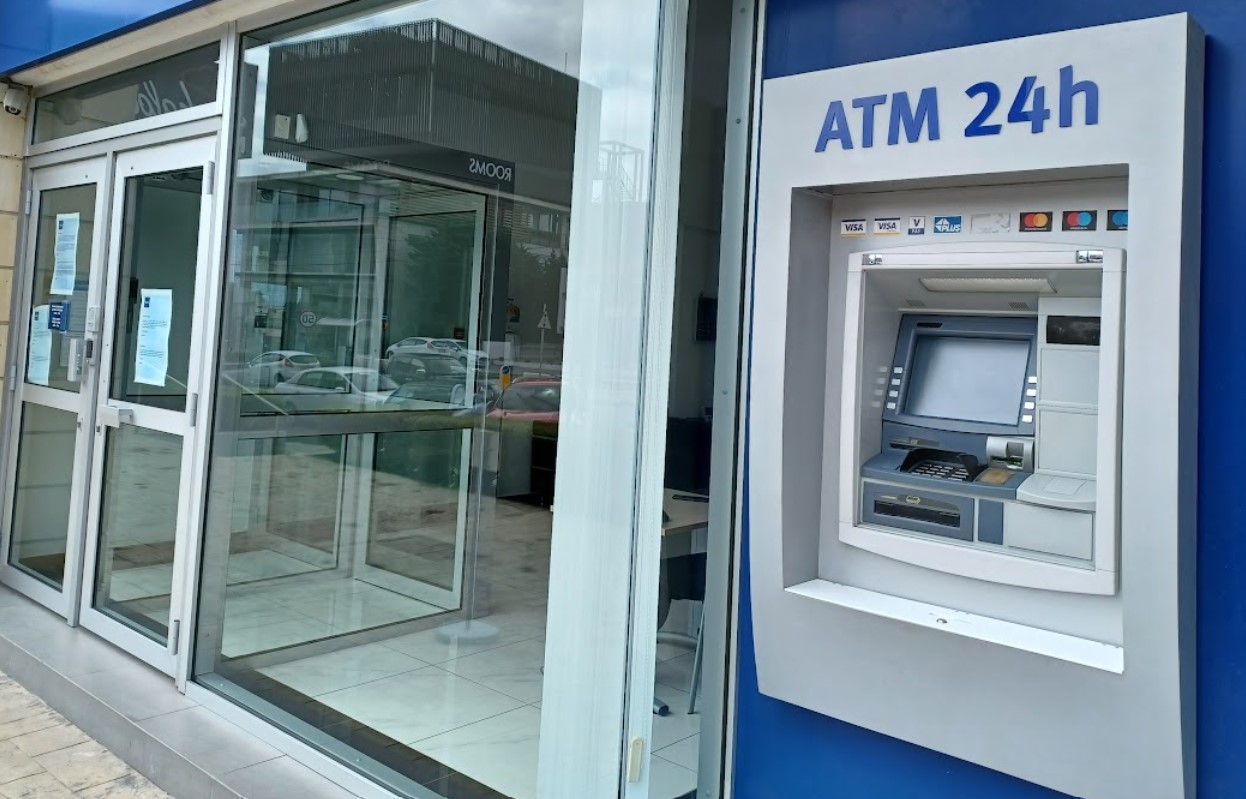MPs this week lambasted banks for the lack of ATMs, particularly in mountainous and remote areas, giving them a one-month deadline to come back with a plan for more extensive coverage.
This is a long-standing gripe over which some MPs come across as a bit hyperbolic at times conjuring up visions of little old ladies looking lost and confused in a mountain village clutching their bank cards with no ATM in sight.
If people have a debit card for the ATM, it means they also have the means to pay by card at the local shop.
But there is much more to digital payments than tapping a card and the hesitancy by older people to use a smartphone or try to figure out internet payments or online banking is also understandable.
Banks have promised more cashback outlets, which is fine if a person wants €50 extra in their pocket but it won’t help pay plumbers or electricians who don’t generally carry card machines in their back pockets when they come round.
Over the years, it made perfect sense for banks to direct people away from the counter to the ATMs, which has been a success and helped cut costs.
But more and more ATMs have been getting the chop in an attempt to push people fully towards digital payments. Banks say the cash machines cost too much – even though they’re still cheaper than hiring staff.
Also, not everyone is ready, willing or able to go fully digital, not yet. Over and above the practicalities, to many people, cash still represents freedom of choice and a degree of privacy. It’s also a more inclusive payment method across all levels of societies.
The banks are obviously looking to the future when a totally cashless society is on the horizon, probably within a generation.
According to a study some months ago, Cyprus ranked seventh globally in terms of difficulty accessing cash, based on Google searches for “ATMs near me.”
It also said Cyprus would be totally cashless by 2041. The pros and cons of a totally cashless society is a whole other debate but in the meantime it should be possible for the banks to find a solution to provide what many of their customers still apparently want.
Last year, cash payments continued to dominate in the eurozone comprising 52 per cent of all consumer transactions so it’s some years away from becoming extinct.
Fewer ATMs could also prompt people to start going back to clog up counters rather than have to drive to the nearest machine which could be miles away. Not everyone has a car.
Even though there is a charge for withdrawing cash at the counter, it might seem like the lesser of two evils for many customers. It’s certainly more profitable for the bank whose free ATM might be two or three villages away.
Banks, which are announcing profits in the millions, need to show a little flexibility during this transition period rather than racing towards digital while leaving sections of society behind. Cash is not dead yet. Therefore, ATMs are still necessary for now.






Click here to change your cookie preferences